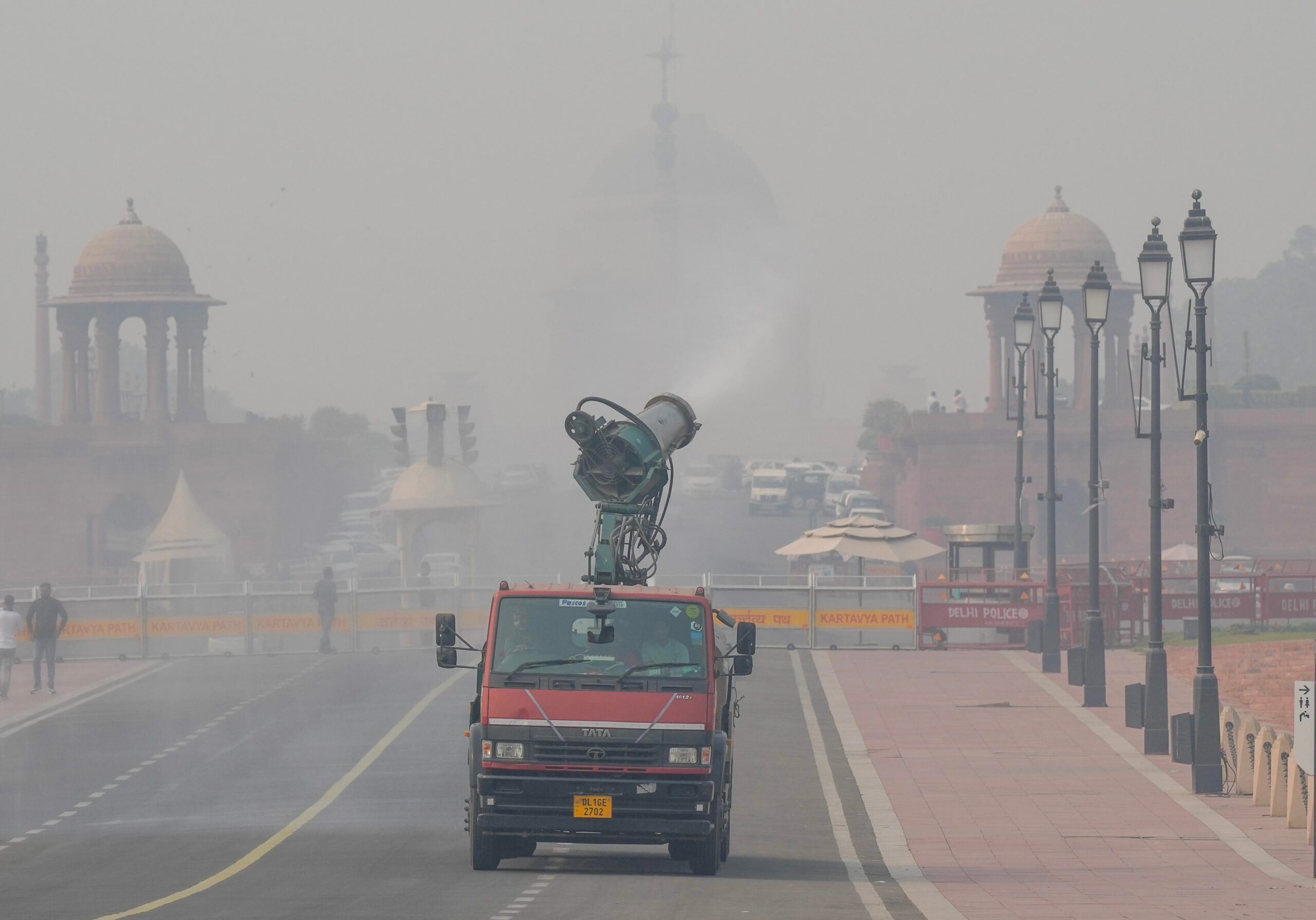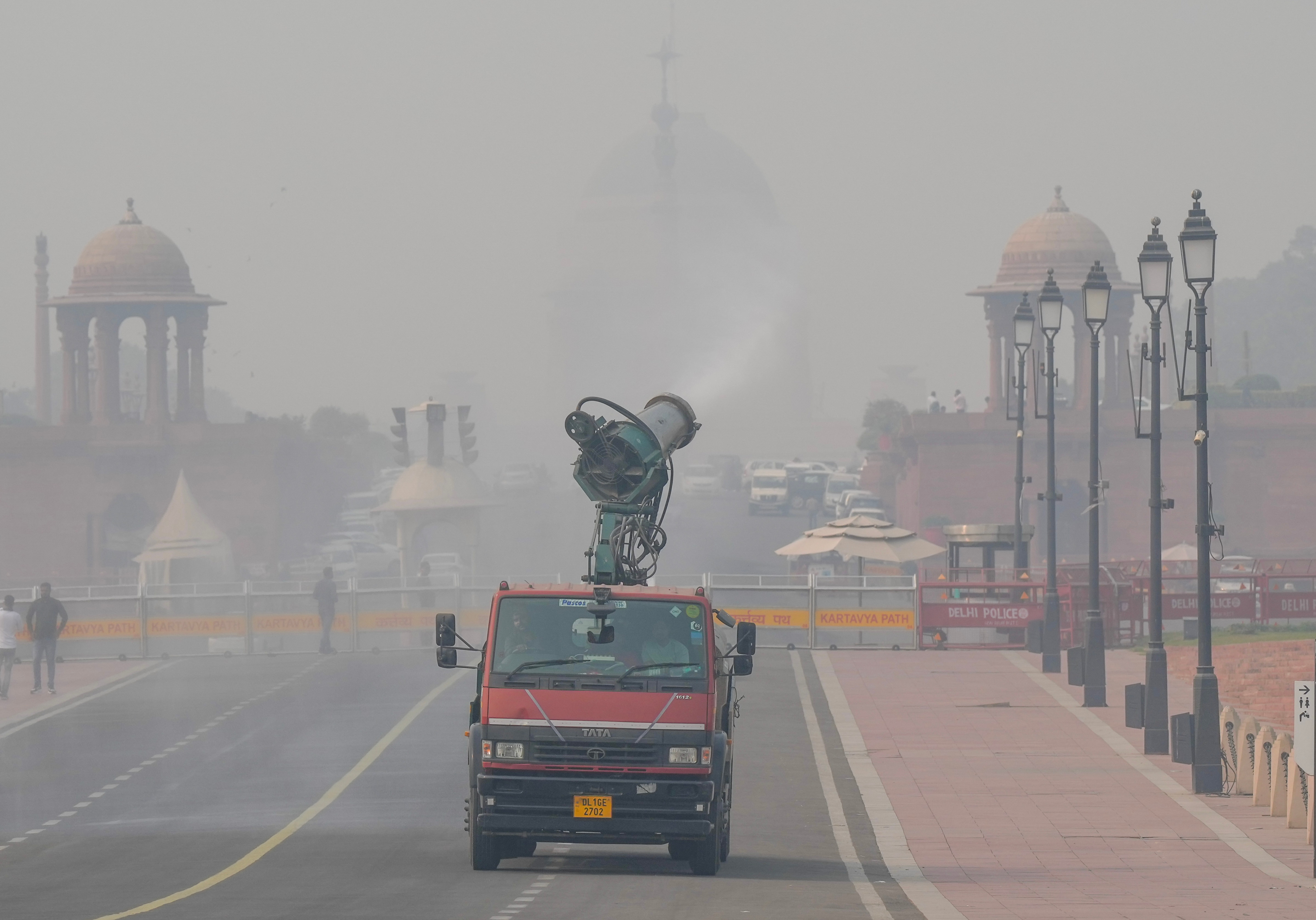

The emergency measures under Stage 4 of the Graded Response Action Plan (GRAP) dealing with air pollution in Delhi and neighbouring areas can be withdrawn in view of the downward trend noticed in the Air Quality Index or AQI level, said the Supreme Court on Thursday.
The top court was hearing a matter over measures to curb air pollution in Delhi-NCR areas.
Delhi’s air quality improved today with the AQI settling in the ‘moderate’ category at 161 after the city faced persistent air pollution since last one month.
An AQI between zero and 50 is considered ‘good’, 51 and 100 ‘satisfactory’, 101 and 200 ‘moderate’, 201 and 300 ‘poor’, 301 and 400 ‘very poor’, and 401 and 500 ‘severe’.
Stubble burning in Punjab and Haryana is among the main reasons for air pollution in Delhi-NCR and several steps are being taken to encourage farmers to use paddy residue for animal feed and industrial purposes, a top Union environment ministry official told parliamentarians on Wednesday.
On Tuesday, the National Green Tribunal or NGT sought a response from the Centre on the “persistent air pollution crisis” in the national capital.
The NGT was hearing the matter where it had taken suo motu (on its own) cognisance of a media report based on a study about the reasons for air pollution being emissions from thermal plants and the prevailing weather conditions.
“As per the article, a recent study by the Centre for Research on Energy and Clean Air (CREA) has revealed that thermal power plants in the region are responsible for emitting 16 times more air pollution than the pollution caused by stubble burning,” a bench of NGT Chairperson Justice Prakash Shrivastava said in an order passed on November 27.
The green body also said that as per the article, weather conditions in Delhi were exacerbating the pollution crisis and calm winds and dropping temperatures, also known as cold air traps, had hindered the dispersal of pollutants by trapping dust, smoke, and other harmful particles in the air.



